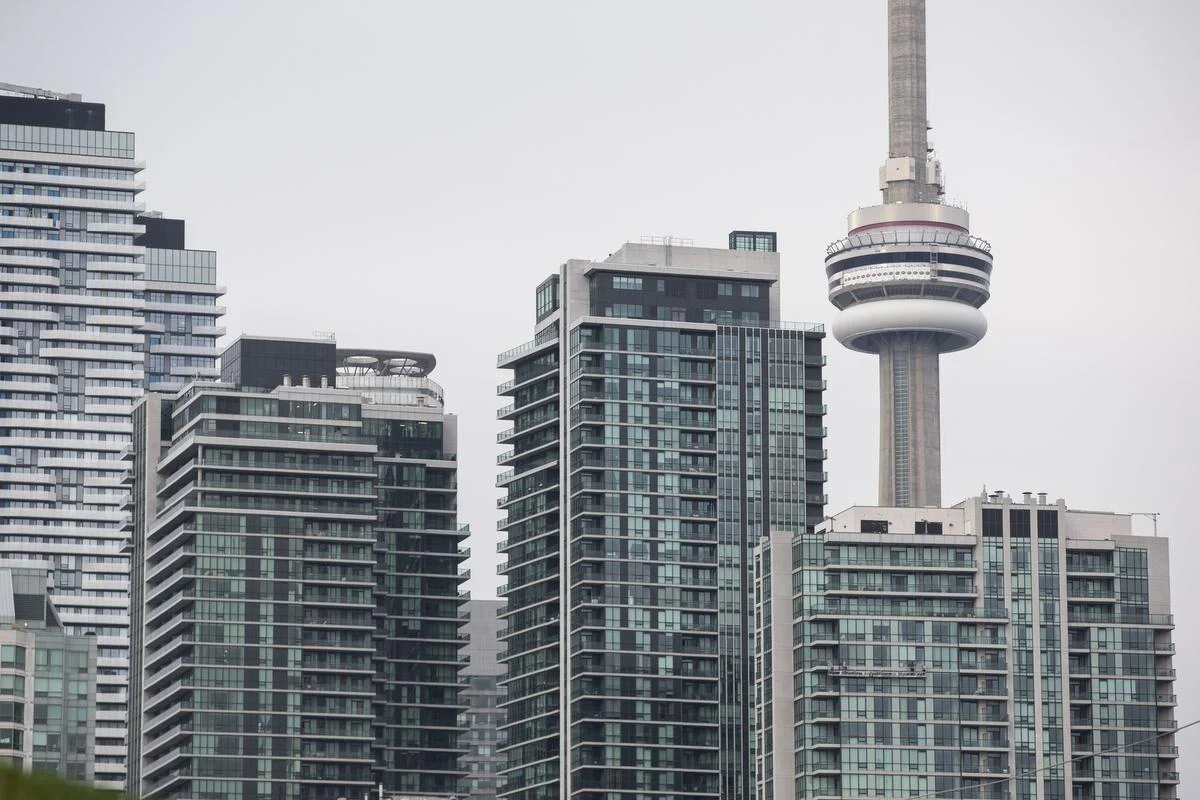This previous year might have been a defining moment in Toronto’s spiraling financial hardships, thanks by and large to a milestone new arrangement around the city’s finances. Be that as it may, the city isn’t in the clear yet with regards to its financial difficulties, and a few key inquiries should be responded to in the year ahead.
“They (the city) are still in a truly troublesome financial waterway,” Teacher Matti Siemiatycki, overseer of the Foundation Organization at UofT, told CP24.com. “They have billions of dollars in build-up for capital speculations, they actually keep on having a financial plan hole as the financial plan season opens, and they have colossal lodging needs and other foundation venture needs that will extend over many years.”
The city said in August that it was confronting a $46.5 billion setback throughout the following 10 years, including a $1.5 billion working deficit for 2024 and $29.5 billion in capital requirements.
Toronto scored a major financial win as of late in its new arrangement with the territory, as would be considered normal to give $7.6 billion in capital help before very long, as well as a huge number of dollars to work sanctuaries and travel.
Yet, that doesn’t tackle the issue.
What Will Befall Development Charges?
One major problem for the not so distant future is that the city is as yet hanging tight for consolation from common authorities on one more major financial test, the deficiency of improvement charges in Ontario’s lodging regulation.
Reported in 2022, the More Homes Assembled Quicker Act (Bill 23) commands the City of Toronto to fabricate 285,000 homes by 2031 and furthermore commands exceptions and decreases being developed charges for non-benefit, reasonable and meticulously designed rental homes to boost engineers.
The city involves advancement accuses related of new development to finance the metropolitan upgrades that the new undertakings regularly require, for example, enhancements to water and sewage frameworks in a space.
As per the most recent city report on the effect of the bill, loss of improvement charges will cost Toronto $2.3 billion north of 10 years, or around $200 million a year in lost income.
At the point when the regulation was presented last year, previous city chairman John Conservative considered it a “serious danger” to Toronto’s finances. While the transfer of the Gardiner Freeway and the Wear Valley Expressway to the region has helped haul Toronto out of a profound financial opening as far as its shortfall, the danger from lost improvement charges actually looms over the city.
Ontario recently said that it would make the city “entirety” for misfortunes in income related with its lodging bill, however it said that would be dependent upon a review of the city’s finances to guarantee that cash is being spent shrewdly. The review condition was extended to inc

